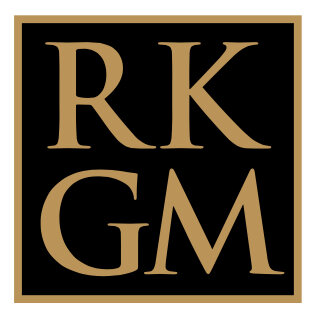Estate Planning
Estate Planning is a type of law that deals with aging, inheritance, and end-of-life issues. It is one of the most important, under-appreciated types of planning a family can do. Estate planning involves difficult and important decisions, and is not always easy to discuss. However, a little bit of planning can help protect your money, ensure that your wishes are carried out, and allow you to age with dignity.
A. Wills
A will is a document that provides for how your property will be divided after your life. Wills range from the very simple to the very complex, depending on the size of the estate, the family relationships, the legal status of the person making the will, and their desires and goals.
New York has a number of laws affecting how wills are made valid, how they are interpreted, and when the wishes of the will’s maker (called a Testator) will be honored. Understanding how the law works is the key to ensuring that your will is enforced after your life.
Our attorneys can assist you by drafting a will to suit your goals, and preparing the accompanying paperwork to put your estate plan into action. We can also arrange the details of the signing of your will, including witnesses and a notary.
B. Trusts
A trust is a method used in estate planning that allows for the orderly transition of property after the death of the person who made the trust, also called the Settlor. It is more complex than a simple will, and contains features that give it many advantages over wills.
Unlike a will, a trust does not need to go through the probate process, which is a time-consuming delay that can prevent your heirs from receiving their gifts for over a year after your life. When the settlor of a trust passes, their designated beneficiaries can access the trust funds right away, subject only to the terms of the trust.
Trusts also offer a higher degree of flexibility than wills. For Settlors who have young children, the trust can provide for their educational expenses, holding off on giving them a gift of money until they are older. For instance, a trust we recently drafted provided that the child’s share of the money could be used for their college education, and then the rest would be given to them when they either married, or turned thirty years old. In this way, you can exercise measured control over when and how your gifts are given.
Trusts are highly-tailored documents, each one drafted with the specific needs and goals of the Settlor in mind. We offer free consultations to those interested in making an estate plan, so they can learn about their options and put a plan into action that gives them peace of mind.
C. Health Directives
One of the hardest parts of aging is the inevitable decline in our health and independence. It is nearly as hard on our children and other family, when they are called upon to make difficult decisions about our living situation and health care.
Advance Health Care Directives are a tool for people to make decisions about their health care before they are senile or infirm. These include designating a health care decision-maker, determining when and under what circumstances you would consent to assisted living, and making end-of-life decisions directing your loved ones on when they should stop extraordinary efforts to keep you alive, and let you pass.
Advanced Health Care Directives also include decisions about organ donation and burial instructions. Making these decisions before you are faced with their inevitability is both good for you, and good for your family. During their period of grief, it is immeasurably helpful to them if you have made important decisions, so they will not have to make them.
Advanced Health Care Directives are relatively simple documents, and they are relatively inexpensive to prepare. However, they are an incredibly important step in making an estate plan that gives you peace of mind as you age.
D. Powers of Attorney
Due to advanced age, many of us will face a situation where we are no longer able to easily handle our day-to-day financial affairs. These include paying bills, maintaining insurance, making large purchases, and signing contracts for services. In some cases, this need arises slowly as the result of aging; in others, it arises unexpectedly, due to a medical event or injury.
Most of us have some person in mind, perhaps a spouse, a child, or a trusted friend, whom we would trust with handling those affairs on our behalf if we were unable. A durable power of attorney allows you to designate, in advance, a person or persons who can make financial decisions and act as your representative during your infirmity.
In addition to the practical convenience of designating a power of attorney, there is a safety reason as well. Many financial scam artists prey on the elderly or infirm, and having a durable power of attorney in place can give you an additional layer of protection from losing your money to a scam.
We can help you evaluate your need for a power of attorney, draft the necessary documents, execute them, and advise you on how to ensure that it is put into place as you intend. A power of attorney is a vital part of a comprehensive estate plan, and is a relatively simple and inexpensive investment in your future financial security.


